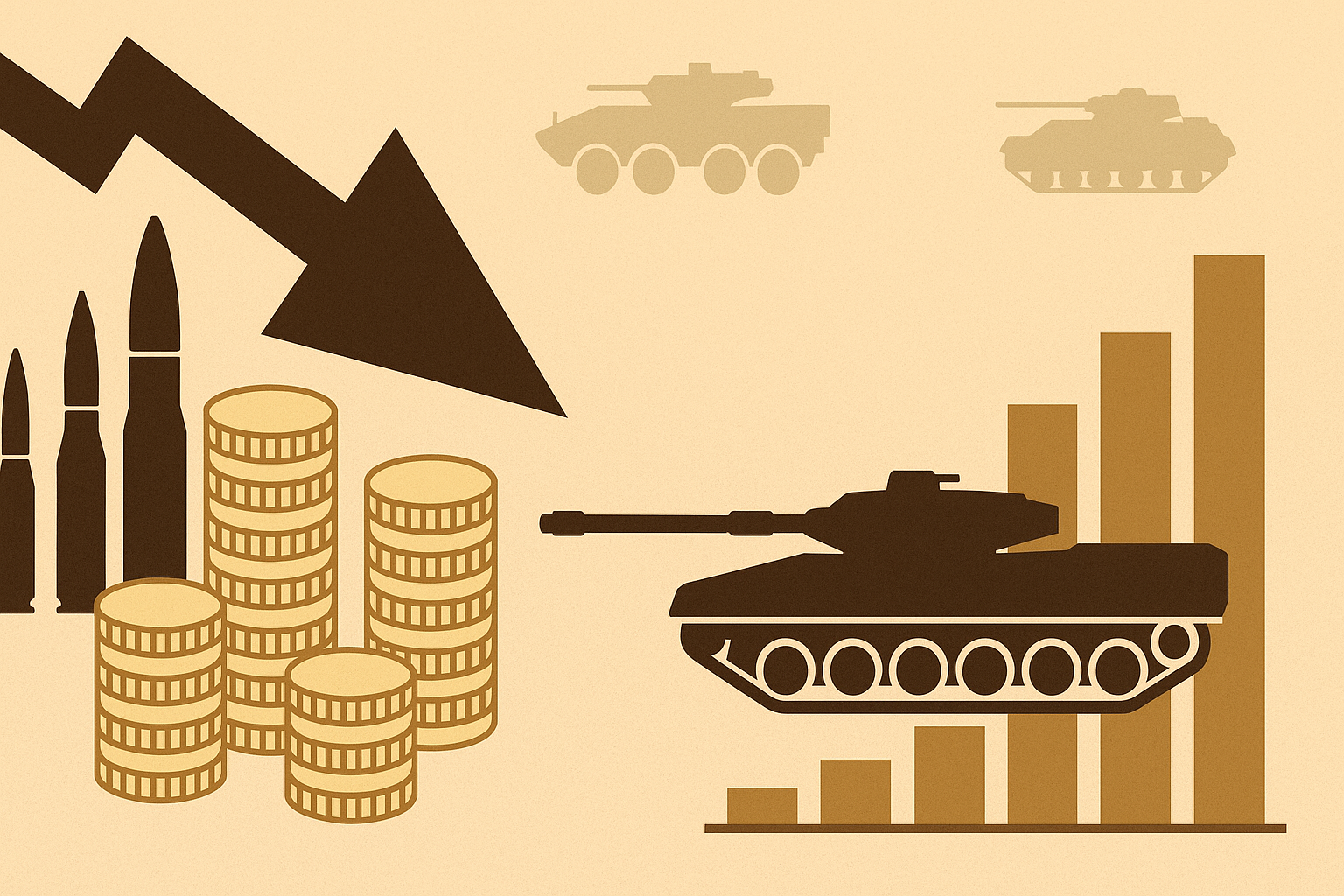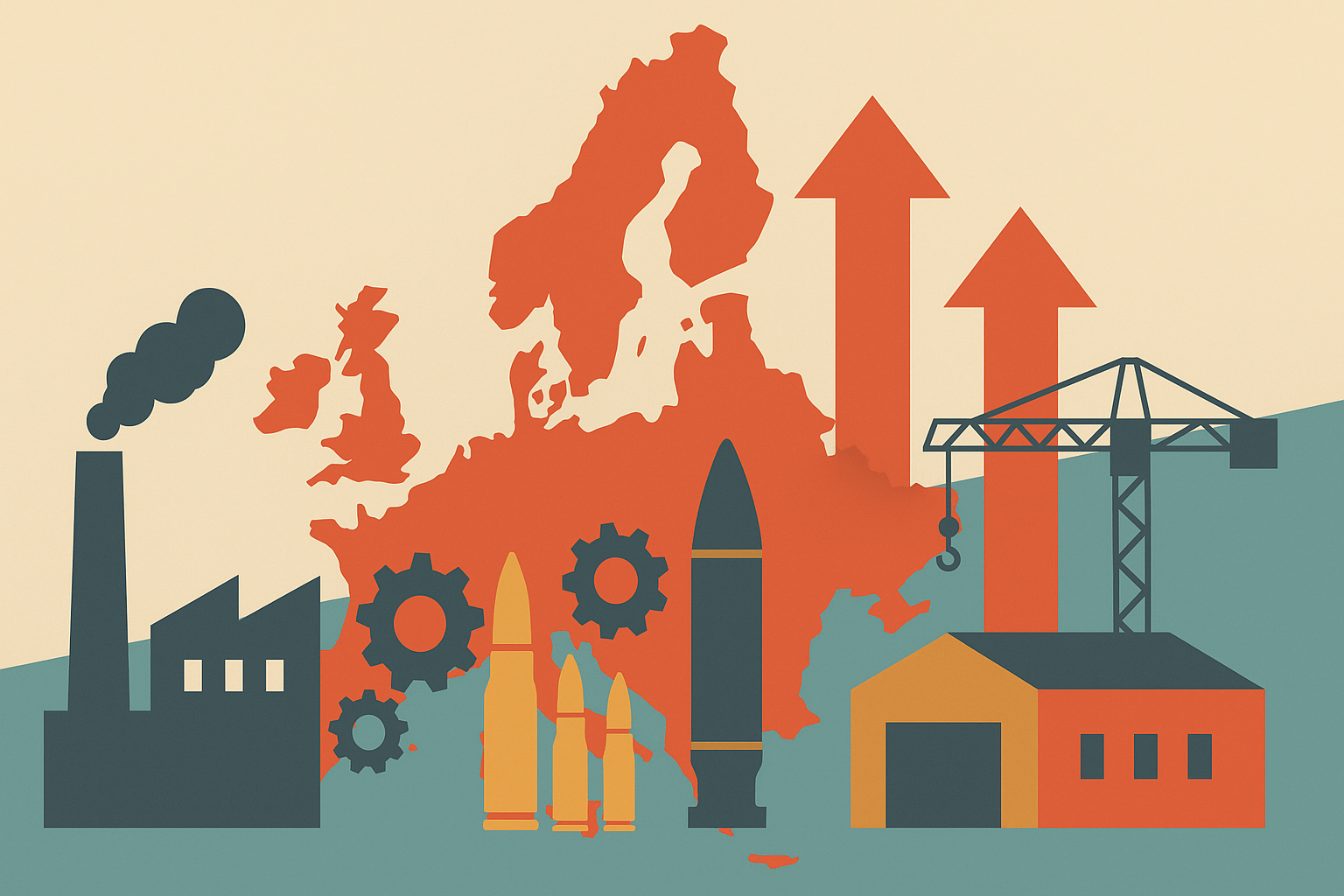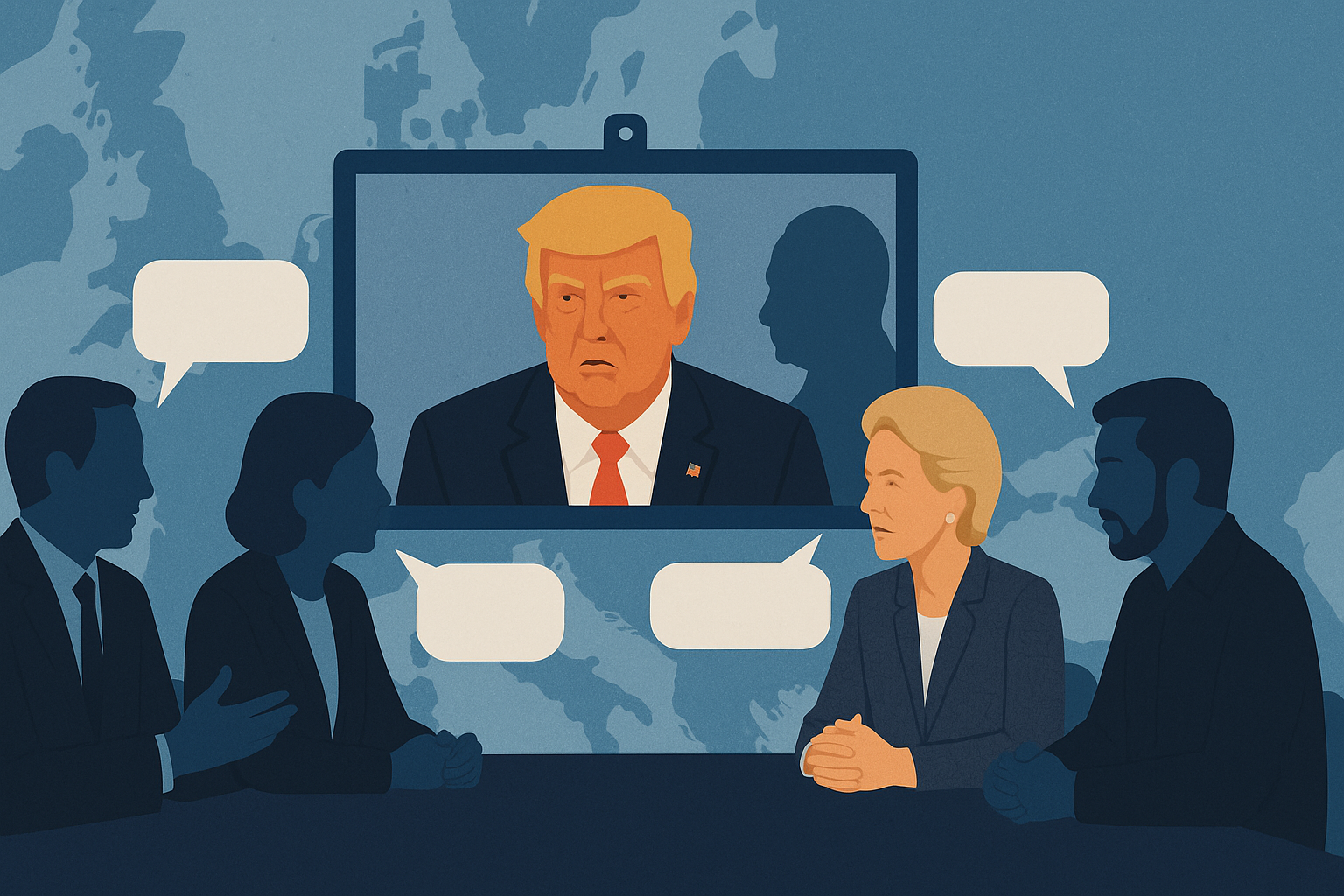Armin Papperger, CEO of German defence giant Rheinmetall, has said the cost of tanks, armoured vehicles, and artillery systems is set to fall in the coming years, even as European governments significantly increase military spending.
Speaking to the Financial Times, Papperger addressed concerns that rising defence budgets across Europe could trigger price inflation and reduce value for taxpayers. “The cost of our armoured vehicles and artillery systems will go down and not up,” he said, citing economies of scale and increased automation as key factors.
Economies of Scale Driving Costs Down
Rheinmetall has expanded its ammunition production capacity tenfold over the past three years to meet surging demand following Russia’s 2022 full-scale invasion of Ukraine. Papperger noted that this expansion has already reduced ammunition costs and predicted similar benefits for vehicle and tank production once large-scale orders materialise.
The company expects “thousands and thousands” of orders over the next 12 months for its Boxer and Puma armoured vehicles, as well as the Leopard 2 tank — produced by Franco-German manufacturer KNDS with Rheinmetall supplying the gun turret.
Massive Orders from Germany and Beyond
Papperger estimated that Germany alone could order tanks and armoured vehicles worth €30–35 billion, following Chancellor Friedrich Merz’s pledge to build Europe’s strongest conventional army and approve unlimited borrowing for defence investments.
Overall, Rheinmetall forecasts new orders worth around €80 billion for the year to June 2026, compared to an order backlog of €55 billion in the previous 12 months. The company’s market value has surged to €72 billion as it emerged among the biggest beneficiaries of Europe’s rearmament drive.
Rising Demand and Market Confidence
European nations have committed to dramatically scaling up defence spending in response to Russian military aggression and U.S. calls for NATO members to assume more responsibility. While some economists warn this could lead to price inflation or profiteering, Papperger dismissed such concerns.
He stressed that Rheinmetall has “never, ever” sought price increases to offset post-pandemic inflation and sees no risk of public backlash against defence companies — even as governments face tough budget choices between social welfare and military expenditure.
“We are able to deliver,” he said. “If you deliver, you make the customer happy — and the customer is the government.”








